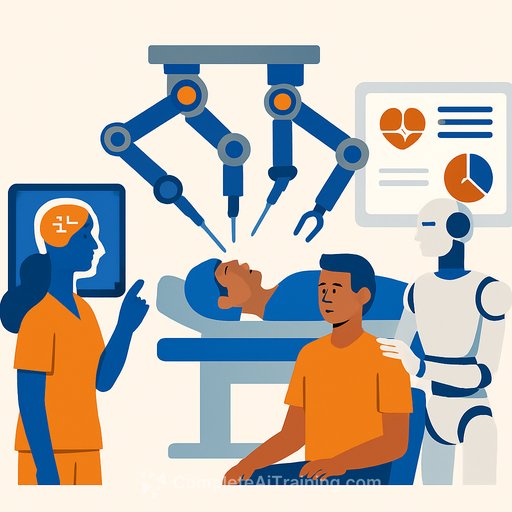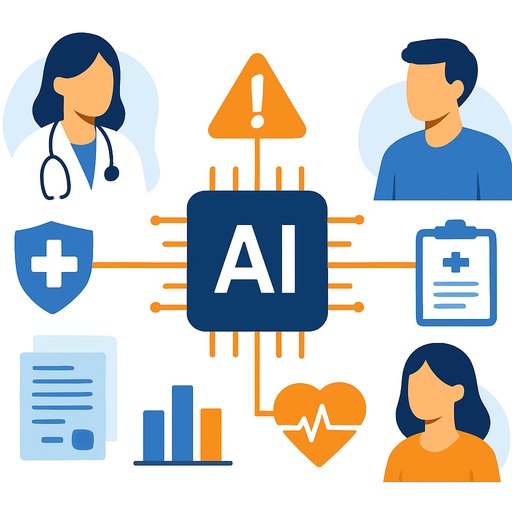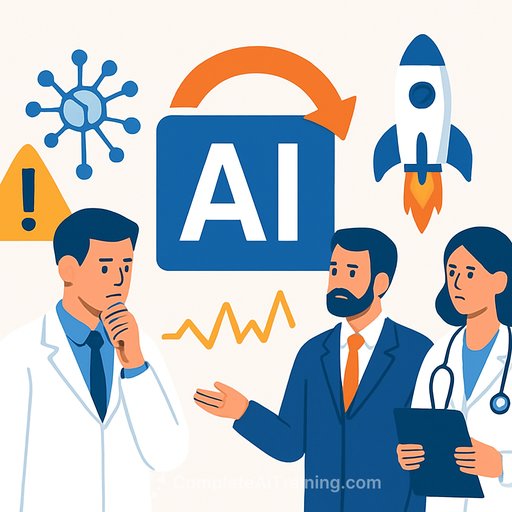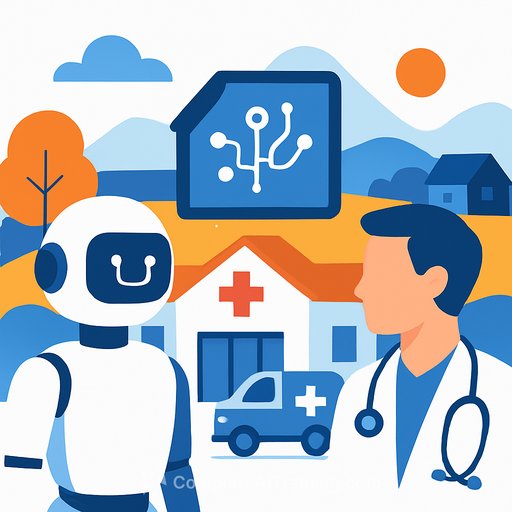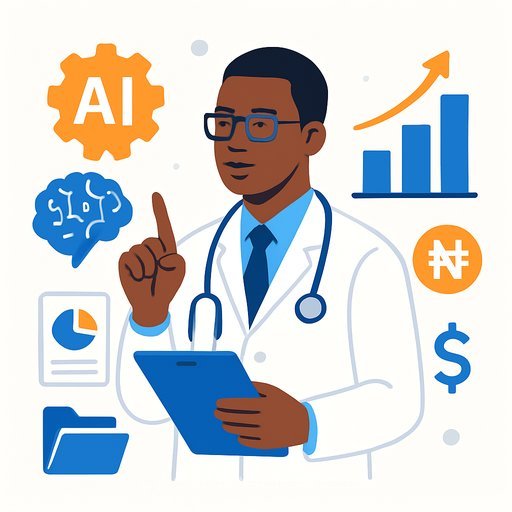UAE’s Healthcare Transformation: AI, Robots, and Data Reshape Medicine
Artificial intelligence is no longer a concept for the future in healthcare—it’s actively improving surgeries today. Experts at the WHX Tech event in Dubai highlighted how AI is making operations safer, quicker, and more precise.
For example, during endoscopy procedures where a camera is inserted into the body, AI modules assist in detecting cancers or anomalies in real time. These systems can analyze a 15-minute video and pinpoint potential issues within seconds, allowing surgeons to focus their attention immediately where it matters most.
Beyond endoscopy, AI supports robotic-assisted surgeries by continuously monitoring procedures and spotting irregularities. It acts like a second set of eyes, supporting the surgical team to maintain quality and safety throughout.
AI in Stroke Care and Surgical Efficiency
In countries like Australia, AI is a standard part of stroke care. Automated systems rapidly detect brain hemorrhages, locate them precisely, and even guide robotic tools to the affected area. Time is critical in stroke treatment, and AI enables swift intervention that can save lives.
AI also tackles practical challenges in operating rooms. Surgeries often start without all necessary specialized tools because general kits are used instead of procedure-specific ones. This can cause delays if instruments go missing mid-operation. AI-driven computer vision systems now verify surgical instruments before procedures begin, confirming sterility and matching kits to the specific surgery. This simple step reduces delays and improves patient outcomes.
The UAE’s Digital Foundation and AI Application
The UAE has established strong digital infrastructure for healthcare, including unified electronic medical records and the Abu Dhabi Health Information Exchange (Malaffi). The focus is shifting from building infrastructure to applying AI innovations that directly benefit patients.
At King’s College Hospital Dubai, over 15 AI initiatives have been launched to improve patient care. One example is in breast radiology, where mammogram images are reviewed by both radiologists and an AI system called Lunit AI. This AI “co-pilot” detects subtle patterns that might be missed by humans. Similar AI applications are used in pathology to analyze blood tests and medical histories, identifying disease patterns even before symptoms appear.
Improving Patient Communication with AI
AI is also enhancing doctor-patient communication. Ambient listening technology records consultations and generates real-time summaries for both clinicians and patients. This helps patients recall important details and understand medical advice in plain language. For example, a patient might receive a summary like: “You saw Dr. A, discussed X, and your recommendations were A, B, and C. Here’s what that means for your care.”
Tackling Bias in AI with Localized Training
Bias is a significant risk in healthcare AI systems. Models trained on one population may misdiagnose patients from different backgrounds. Training AI with local data is essential, especially in diverse societies like the UAE. AI models should be developed to reflect specific communities to ensure accuracy and fairness.
Robots Supporting, Not Replacing, Healthcare Professionals
Robots and AI are meant to augment healthcare workers, not replace them. Real-time AI prompts can assist doctors during patient interactions, reminding them to check specific symptoms or ask relevant questions. Automation handles routine tasks like charting and logistics, freeing clinicians to focus on empathy and complex decision-making.
Some regions already use autonomous AI applications, such as medication kiosks in Singapore that refill prescriptions after teleconsultations for stable patients. While automation improves efficiency, human oversight remains crucial for complex or sensitive cases.
The Need for Clear AI Regulation
As AI integrates into healthcare, regulation becomes critical. General AI tools like ChatGPT are sometimes used without proper certification, which poses risks. Transparency is necessary—providers should know exactly what data AI models were trained on and where they are reliable or risky.
Countries must invest in developing AI models based on their own populations. While costly, this is essential to guarantee safety and equitable healthcare outcomes.
Looking Ahead: Human and AI Collaboration
AI has the potential to become a powerful partner in healthcare if used responsibly and ethically. From surgical suites in Dubai to telemedicine services elsewhere, the goal is to equip healthcare professionals with better tools—not replace them. The focus now is on moving from building digital systems to delivering patient-centered innovations that improve care quality and outcomes.
For healthcare professionals interested in expanding their AI skills, Complete AI Training offers courses tailored for medical and healthcare roles.
Your membership also unlocks:

